Monday June 7th
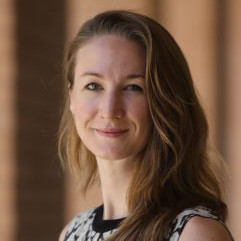
Megan Peters
she/her
Assistant Professor
Cognitive Sciences, UC Irvine · CIFAR Global Scholar · Azrieli Program in Brain, Mind, & Consciousness
Bio
I am an Assistant professor at the UC Irvine Department of Cognitive Sciences. I'm also a Cooperating Researcher in the Department of Decoded Neurofeedback at Advanced Telecommunications Research Institute International in Kyoto, Japan. Prior to joining UCI I was on the faculty at UC Riverside in the Department of Bioengineering. I received my Ph.D. in computational cognitive neuroscience (psychology) from UCLA and then was a postdoc there as well. My research aims to reveal how the brain represents and uses uncertainty, and performs adaptive computations based on noisy, incomplete information. I specifically focus on how these abilities support metacognitive evaluations of the quality of (mostly perceptual) decisions, and how these processes might relate to phenomenology and conscious awareness. I use neuroimaging, computational modeling, machine learning and neural stimulation techniques to study these topics.Linking metacognition and consciousness with computational models
Few people tackle the neural or computational basis of qualitative experience (Frith, 2019). Why? One major reason is that science and philosophy have both struggled to propose how we might even begin to start studying it. Here I propose that metacognitive computations, and the subjective feelings that go along with them, give us a solid starting point. Specifically, perceptual metacognition possesses unique properties that provide a powerful and unique opportunity for studying the neural and computational correlates of subjective experience. I will describe these properties, and discuss how computational models of metacognition can be used to an empirically-tractable early step in identifying the generative process that constructs qualitative experience, drawing on empirical data. By applying decades of developments in computational cognitive science and formal computational model comparisons to the specific properties of perceptual metacognition, we may reveal new and exciting insights about how the brain constructs subjective conscious experiences and the nature of those experiences themselves.Relevant paper Website Twitter
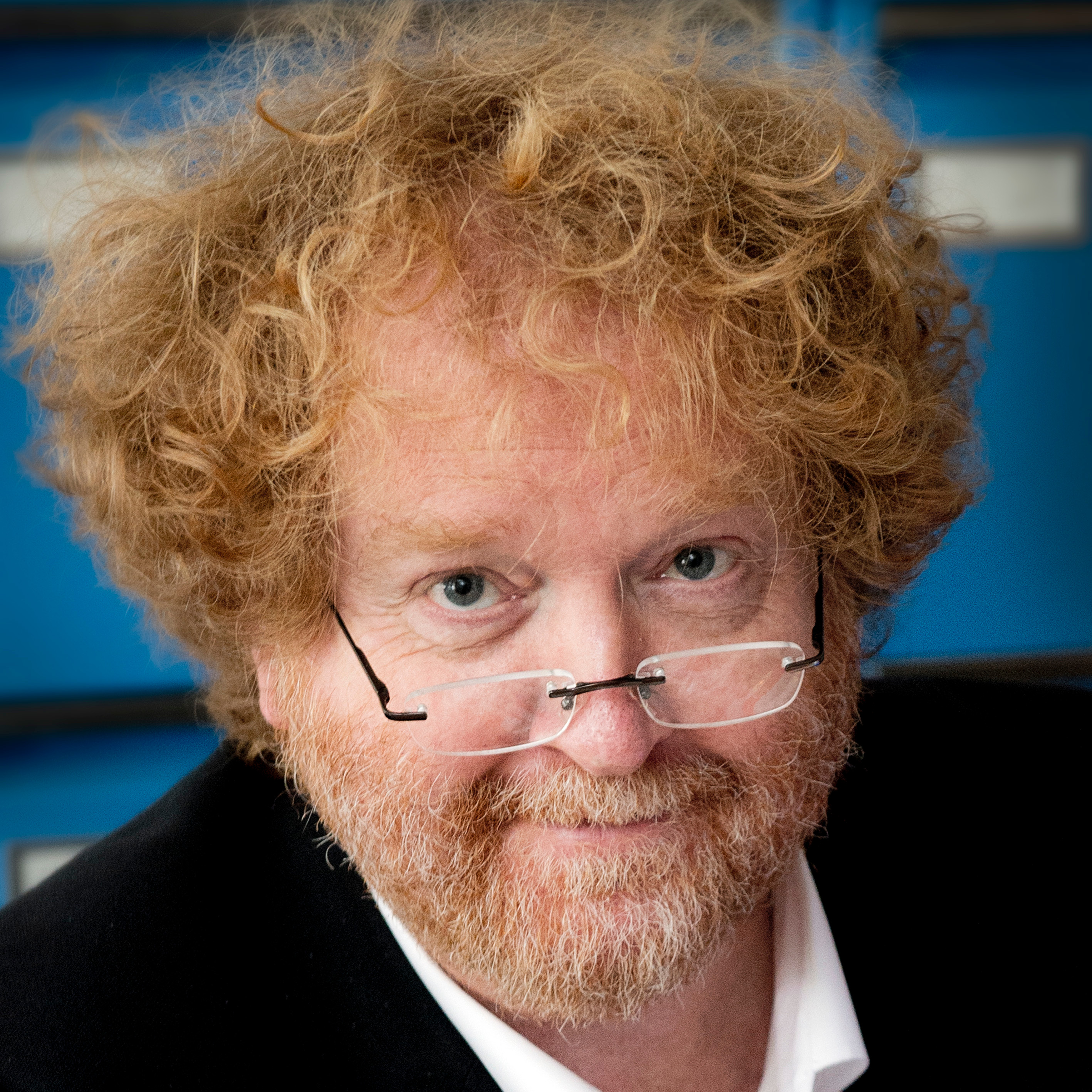
Pim Haselager
Associate Professor
Donders Institute for Brain, Cognition and Behaviour · Department of Artificial Intelligence, Radboud University, Nijmegen
Bio
I obtained master degrees in philosophy and psychology, and received my PhD in 1995 at the Free University of Amsterdam, the Netherlands. Currently I am associate professor (Theoretical Cognitive Science) at the Donders Institute for Brain, Cognition and Behaviour, at the Radboud University Nijmegen. My research focuses on the implications of Cognitive neuroscience and Artificial Intelligence for society and human self-understanding. I investigate the ethical and societal implications of research in, and the ensuing technologies of, CNS and AI, such as Robotics, Brain-Computer Interfacing, and Deep Brain Stimulation. I am particularly interested in the integration of empirical work (i.e. experimentation, computational modeling, and robotics) with philosophical issues regarding knowledge, identity, agency, responsibility and intelligent behavior. I have published in journals such as Nature: Biotechnology, Science and Engineering Ethics, American Journal of Bioethics, Neuroethics, Journal of Cognitive Neuroscience and Journal of Social Robotics.Unifying AI & Neuroscience: A great idea! But to what purpose?
The combination of Artificial Intelligence (AI) and Neuroscience (NS) has great promise. It can lead to various practical applications in a wide variety of fields, ranging from micro-targeted marketing to clinical therapy and law. At the same time, the combined power of AI and NS leads to serious questions about what it is that we would like to achieve and why. It also leads to questions about how we can exert meaningful human control over the ensuing technologies. This is especially urgent given the many challenges humanity is facing this century, from inequity to ecology. It seems fair to say that our current ways to address these challenges have not been, to put it mildly, particularly successful. AI and NS enable us to see our human strengths and weaknesses with greater clarity, and build more effective technology accordingly. But the potentially exploitative power of this combination of sciences does present us with the challenge to apply it wisely. I will suggest that we are in need of a more profound reflection on what our sciences show us about ourselves, what our technology enables us to do with that, and what, apparently, we aim to do with those insights and applications.Relevant paper Website Twitter
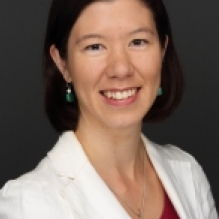
Stefanie Blain-Moraes
Assistant Professor
McGill University, School of Physical & Occupational Therapy
Bio
Dr. Blain-Moraes runs the Biosignal Interaction and Personhood Technology (BIAPT) lab at McGill. Her lab applies physiological signal processing techniques and assistive technology design principles to address the needs of non-communicative individuals and their care providers.Panel Discussion
Website
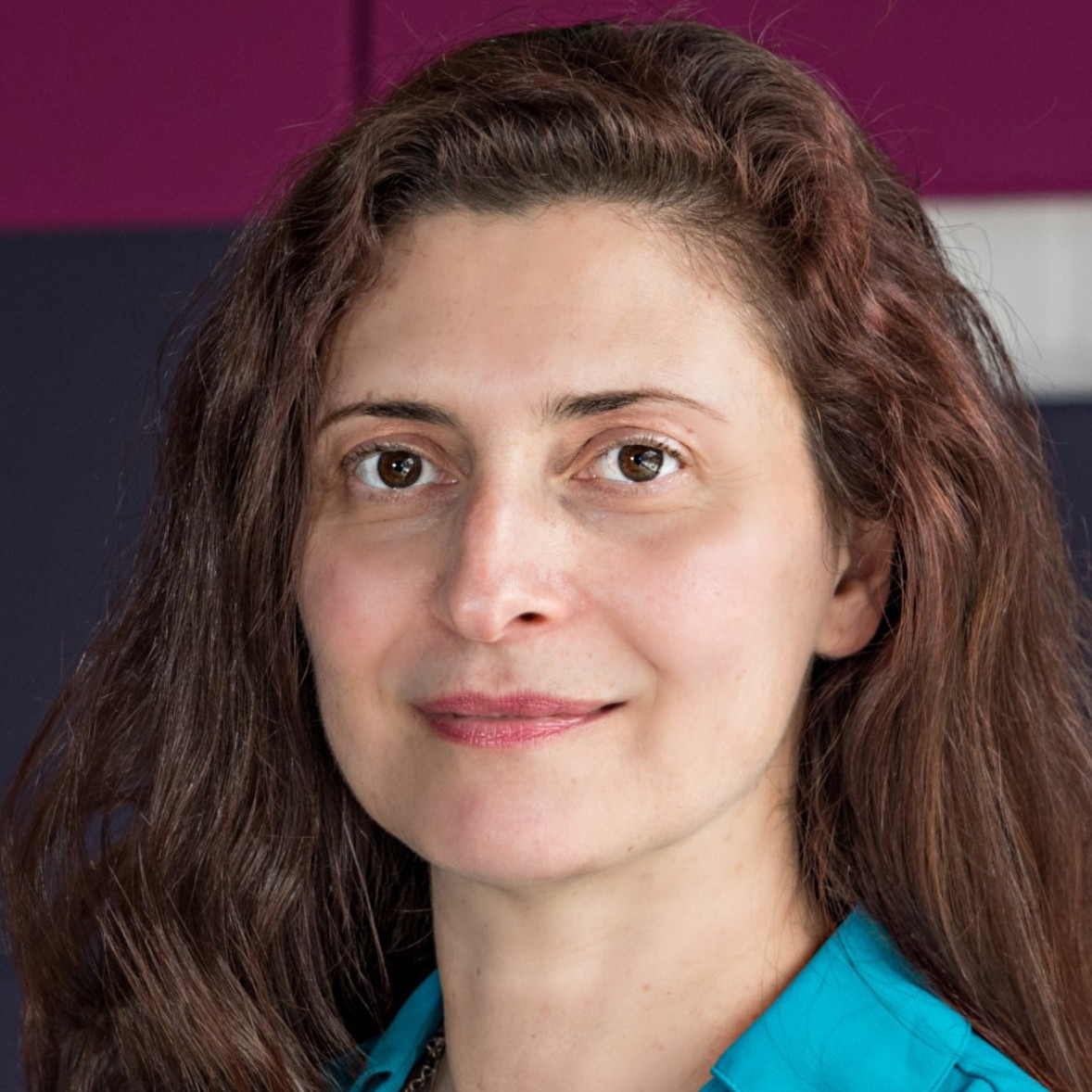
Irina Rish
Associate Professor
Université de Montréal · Mila, Québec AI Institute · Canada AI Chair
Bio
Irina Rish is an Associate Professor in the Computer Science and Operations Research Department at the Université de Montréal (UdeM) and a core faculty member of MILA - Quebec AI Institute. She holds Canada Excellence Research Chair (CERC) in Autonomous AI and a Canadian Institute for Advanced Research (CIFAR) Canada AI Chair. She received her MSc and PhD in AI from University of California, Irvine and MSc in Applied Mathematics from Moscow Gubkin Institute. Dr. Rish's research focus is on machine learning, neural data analysis and neuroscience-inspired AI.Panel Discussion
Website Twitter
Tuesday June 8th
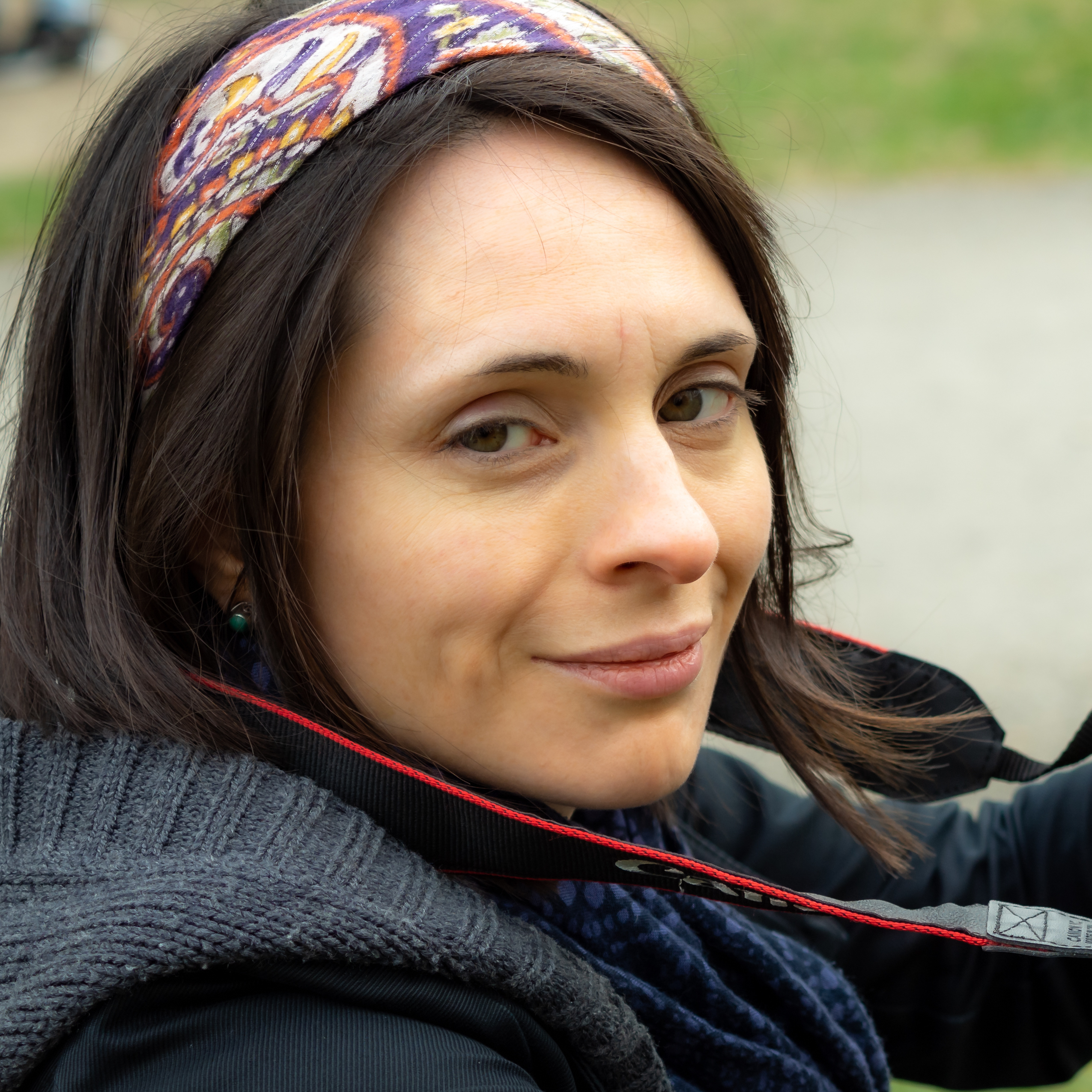
Marie-Ève Vautrin-Nadeau
PhD candidate
Université de Montréal
Bio
Marie-Ève Vautrin-Nadeau is a PhD candidate in Communication Studies working under the supervision of Line Grenier and Stephanie Fox. She is interested in health communication – mainly in social care settings, and in relation to illness trajectories –, and in empowerment-oriented mental health practices. Working mainly with qualitative methods, she has become a mental health peer worker after struggling with illness in her adolescence and her twenties. Marie-Ève strongly believes in the power of service users’ experiential knowledge, as she embraces a mental health as a journey perspective.Round table on mental health
Tuesday, June 8th, 13:15 (EDT)

Andréanne Proulx
Master student
Université de Montréal
Bio
I am a master's student in Psychology at the University of Montreal researching the effects of genetic mutations on functional brain phenotypes. I am a contributor to the Neuro-AI student community as a member of UNIQUE Student Affairs Committee (SAC), and advocate for open science through the student initiative Open Science UMontreal (OSUM).First steps into Open Science
This workshop aims to introduce the broad concept that is open science from a global perspective. We will touch on three core aspects that open science is based on, namely processes (e.g., collaboration, reproducibility), Products (e.g., Open Data, Open Materials), and Values (e.g., freedom, equity). We will then showcase some tools and state-of-the-art examples of openness from the Neuro-AI field. If time permits, we will end the workshop by collaboratively (yes, all of us!) creating a Neuro-AI open science student guide.Tuesday, June 8th, 14:15 (EDT)
Open Science UMontréal Slides
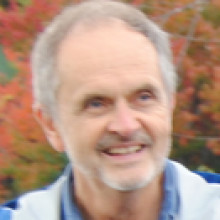
Thomas R. Shultz
Professor
Department of Psychology, McGill University
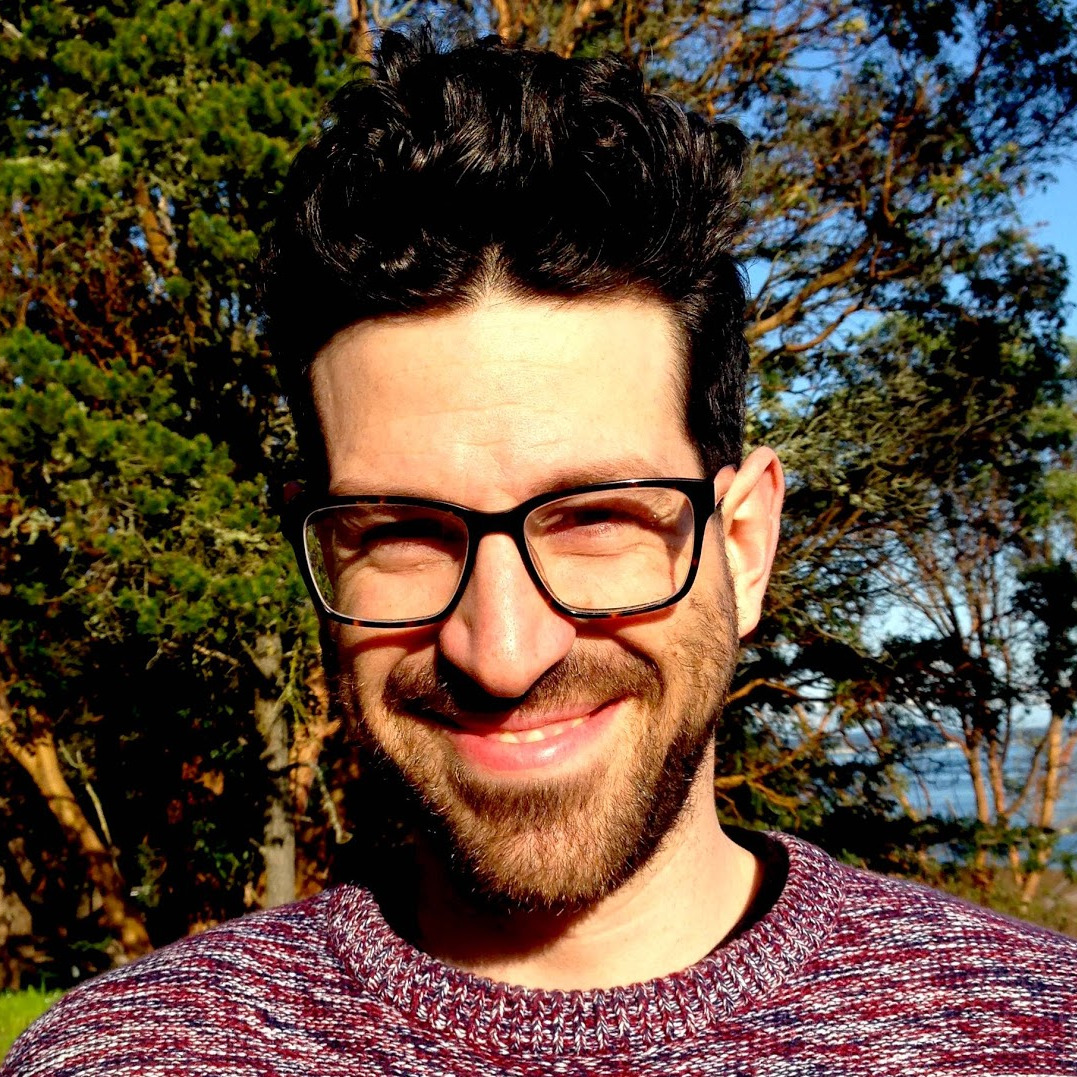
Guillaume Lajoie
Assistant Professor
Dept. de Mathématiques et Statistiques, Université de Montréal · Mila, Québec AI Institute · Canada CIFAR AI Chair
Machine learning and Neuroscience
A panel discussion with Dr. Pouya Bashinvan, Dr. Irina Rish and Dr. Danilo Bzdok about (1) deep network models of neural circuits (2) ML for large data analysis and (3) ANN to explore neuroscience ideas unattainable by experiments.Tuesday, June 8th, 13:15 (EDT)
Website Twitter

Madeleine Elise Nadler
she/her
Recent BA Graduate
Concordia, Interdisciplinary Studies in Sexuality, Women's Studies, and Religions and Cultures
Developing, Disseminating, and Diversifying Knowledge: An Introduction to Equity, Diversity, and Inclusion (EDI) in Academia
This workshop is designed for new students as well as those with no background in Equity, Diversity, and Inclusion (EDI). The workshop aims to help develop awareness of EDI concepts and issues in Academia. Participants will be introduced to basics of EDI in both theory and reality with relation to data-driven research as well as current events.Tuesday, June 8th, 15:15 (EDT)
Slides
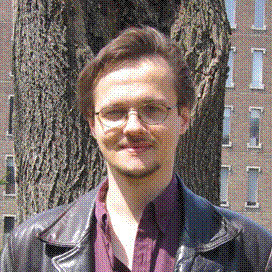
Paul Cisek
Professor
Department of Neuroscience, Université de Montréal
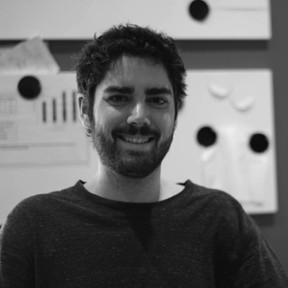
Robin Renault
Doctoral student
Université de Montréal
Bio
Currently doctoral student in clinical psychology, I am particularly interested in ways of fostering awareness, presence, and well-being through the practice of mindfulness. I have been practicing meditation for almost ten years now, in addition to yoga and different breathing techniques, all of which helped me going through anxiety and depression some years ago. As my doctoral thesis, I am now studying the effects of mindfulness practice by therapists on the efficacy of therapy. My hope is to encourage people develop more awareness to their inner world, as well as to find more peace and balance in their life.Round table on mental health
Tuesday, June 8th, 13:15 (EDT)
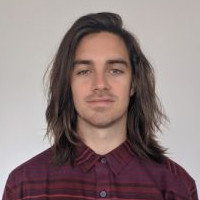
Samuel Guay
PhD student
Université de Montréal
Bio
Samuel Guay is a PhD candidate in Cognitive Neuroscience - Psychology at the University of Montreal and a member of the Sport & Trauma Applied Research Lab at CIUSSS NÎM Research Center under the supervision of Louis De Beaumont. His research focuses on using multimodal neuroimaging techniques to study the short- and long-term effects of repetitive hits to the head in both active and retired athletes. He is actively involved in grassroots initiatives that promote open science, best research practices, and collaboration such as Open Science UMontreal that he co-founded in 2019, the Brainhack, and the FORRT communities.First steps into Open Science
This workshop aims to introduce the broad concept that is open science from a global perspective. We will touch on three core aspects that open science is based on, namely processes (e.g., collaboration, reproducibility), Products (e.g., Open Data, Open Materials), and Values (e.g., freedom, equity). We will then showcase some tools and state-of-the-art examples of openness from the Neuro-AI field. If time permits, we will end the workshop by collaboratively (yes, all of us!) creating a Neuro-AI open science student guide.Tuesday, June 8th, 14:15 (EDT)
Open Science UMontréal Slides
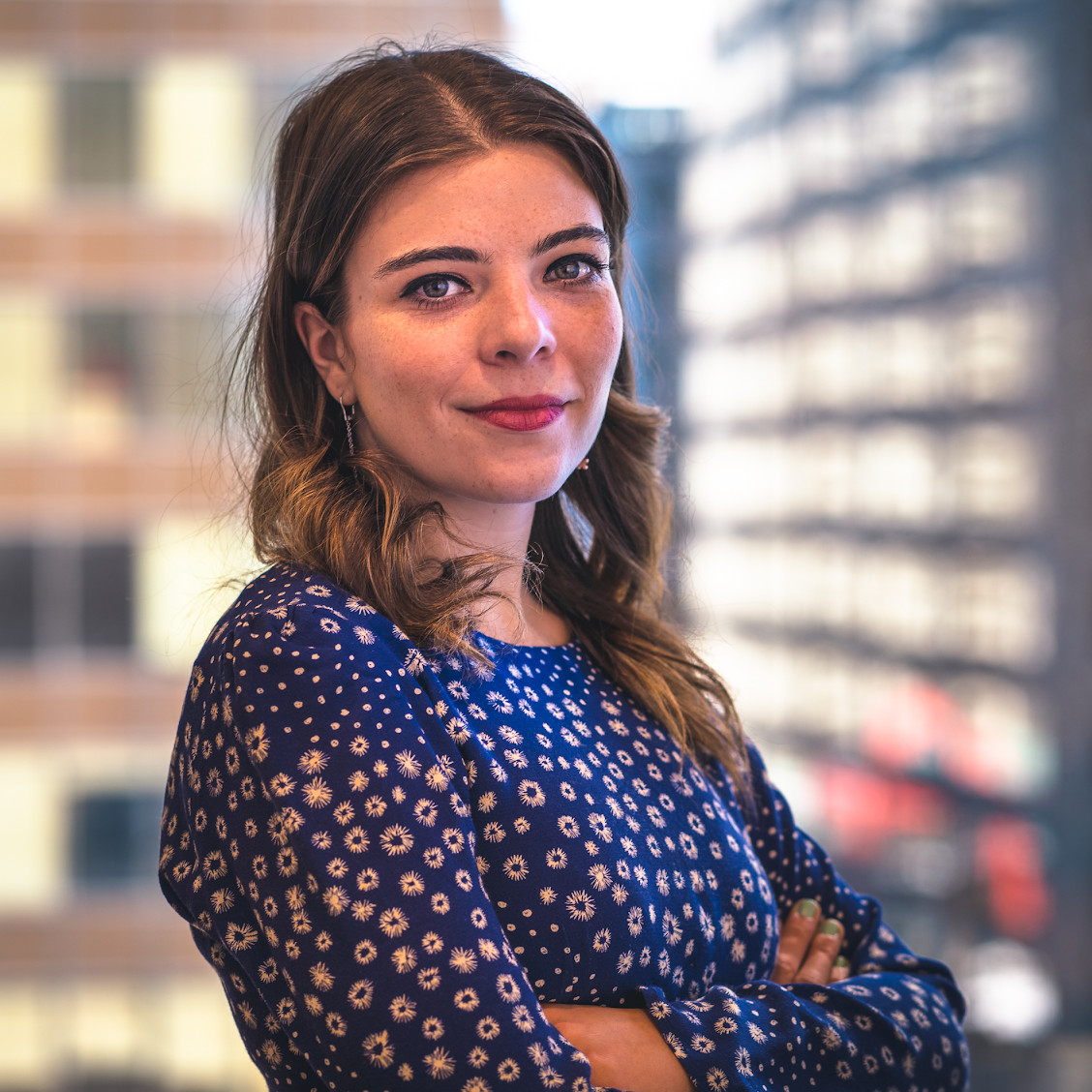
Aislinn Sandre
PhD student
McGill University
Bio
Aislinn Sandre is a PhD candidate in Clinical Psychology at McGill University. Her research focuses on understanding how stress affects the brain to increase risk for depression and anxiety. Specifically, she examines whether exposure to stress early in life, such as harsh parenting, abuse, neglect, or peer victimization, alters brain responses to rewards and threats, and whether these brain alterations make it more likely that people will develop depression and/or anxiety later on in life. In her work, Aislinn primarily uses electroencephalography (EEG) to measure brain activity during sensitive periods of neurodevelopment, such as infancy, adolescence, and young adulthood. Aislinn has worked as an intern in hospitals and schools in Montreal to provide assessment and psychotherapy for stress- and trauma-related disorders. She has developed and presented several workshops designed to help people reduce stress and improve mental health. Currently, she is training healthcare workers to provide supportive interventions to their colleagues in order to improve coping in response to COVID-19-related stress.Round table on mental health
Tuesday, June 8th, 13:15 (EDT)
Active breaks leader

Caelan Taylor
Student at Concordia, Personal trainer, and massage therapist
Department of Health, Kinesiology and Clinical Exercise Physiology at Concordia University
Bio
Caelan is a student at Concordia with the hopes of becoming an Athletic Therapist one day. He loves to share his passion of health and wellness with others through physical activity and manual therapy where he does his best to get people to feel and perform at their best.Tuesday, June 8th, 15:05 (EDT)
Facebook Instagram